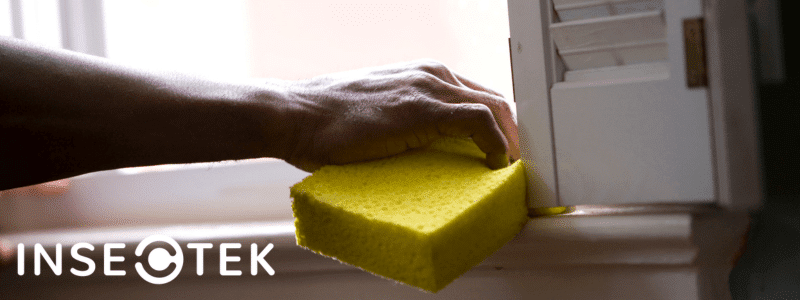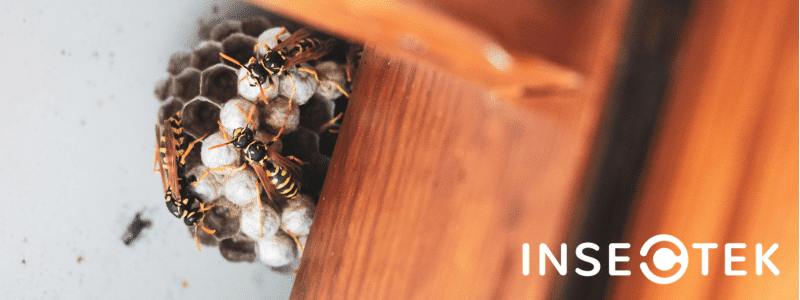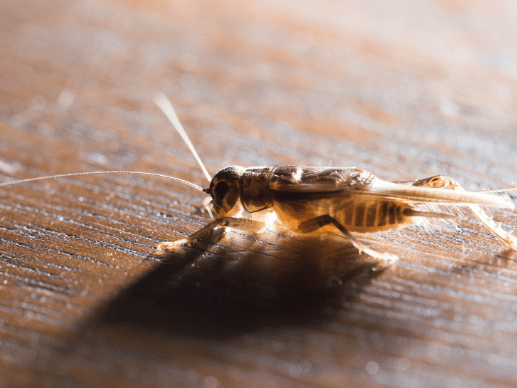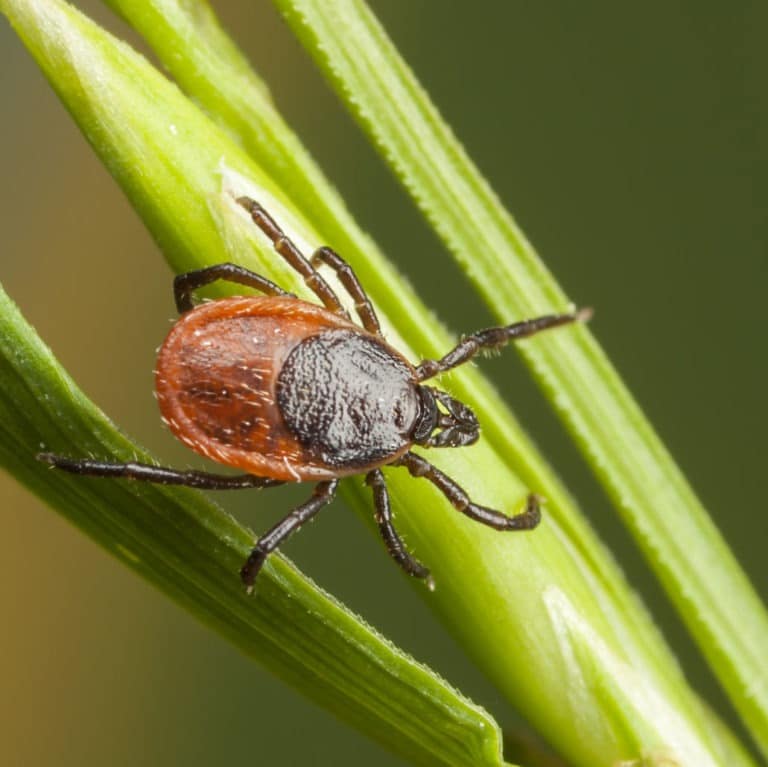In a 2016 study, 90 percent of businesses surveyed reported dealing with at least one pest infestation in the past five years. It goes to show that pest infestations are more than likely for any company that sticks around long enough.
Thankfully, commercial pest control isn’t a whole lot different from residential strategies and tools.
In this blog, we’ll answer the following questions:
- Is commercial pest control safe?
- What do commercial pest control companies spray?
- Can we control pests and termites in commercial places?
- Why should I choose commercial pest control?
- Why is regular commercial pest control important?
Is Commercial Pest Control Safe?
Commercial pest control is safe when done correctly by experienced, licensed professionals. Exterminators work with different treatment equipment like pesticides, baits, and traps. Because of this, it’s crucial to hire a reputable company that understands and follows safety guidelines and regulations.
What Do Commercial Pest Control Companies Spray?
Most pest control companies use pyrethrins and pyrethroids in their treatments. These chemicals are similar to natural and organic pesticides found in some chrysanthemums. Fipronil is a less common chemical companies use to treat termites, fleas, and cockroaches. Another chemical not used as often is Piperonyl Butoxide, an additive to treatments that isn’t strong in isolation.
Can We Control Pests and Termites in Commercial Places?

Yes, pests can be managed and controlled in commercial places using effective and safe measures. Along with hiring professional pest control services that work with commercial properties, businesses can take proactive steps to protect their buildings and deter pests.
Regular Cleaning
Keeping your company space clean and free of crumbs, puddles, and exposed food is important for preventing pests. You should also take out the trash routinely to avoid a build-up of decomposing foods and odors. This is especially important if your business is associated with food, including restaurants, bars, and grocery stores.
Pests can also be attracted to untidiness and hide in places like wood piles, leaves, cardboard boxes, and other crowded or dark areas. The key is ensuring your building stays clean, organized, and dry.
Store-Bought Traps and Insecticides
If you’ve spotted pests at your business, you can invest in insect and rodent traps or insecticides. Make sure you always read the label and be aware of the active ingredients and proper directions. Some of the most common store-bought products for pest control include sticky traps, zappers, insecticide sprays, and screens.
Sealing Entrance Points
Pests find ways into a building, typically through cracks in walls, windows, screens, or ajar doors. Seal any cracks in your building’s foundation and fix rips in screens. Likewise, keeping any doors or windows open throughout the day can welcome pests inside, especially if they’re drawn to light or warmth.
Proper Storage
You must seal food and drink packaging properly while removing crumbs from floors, counters, etc. Even if your business isn’t in the food industry, employee lunches and other food items left exposed can attract pests.
Regular Pest Control
While you can take the above measures to manage pests, hiring a regular pest control company is the most surefire way to keep your business pest-free. Pest control services not only remove existing infestations but also prevent future problems.
Why Should I Choose Commercial Pest Control?

Especially in a commercial setting, a lack of pest control maintenance can lead to serious pest problems that contribute to health and safety hazards, property damage, bad reputation, and legal issues.
- Health and Safety. Pests often carry diseases and feces as they travel from surface to surface. An infestation puts your company and those inside at risk of harmful bacteria and viruses. This is especially dangerous for restaurants and grocery stores, where pests can contaminate food and drinks.
- Property Damage. An infestation can harm the physical integrity of your company building. Pests like termites and rats will chew through wires, insulation, and wood, leading to costly repairs. Regular pest control can stop these problems before they begin.
- Reputation. If customers catch wind of a pest infestation at your business, this can hurt your reputation and decrease sales or customers. A damaged reputation is difficult to repair even if the pest problem is fully resolved. With regular inspections, you’re protecting your business’ name and reputation.
- Legal Issues. The majority of jurisdictions require businesses to keep a pest-free environment by law. Inspectors can legally fine and penalize your business in the case of pest infestations. Pest control helps your business comply with these regulations and avoid trouble.
Why is Regular Commercial Pest Control Important?

A single pest control appointment goes a long way in getting rid of any current pest problems, but without upkeep, your business will stay at risk for infestation.
The majority of businesses that experience pest infestations reported experiencing at least one infestation every 20 months. Even if you are in the top one percent of companies that strives to keep a clean and pest-free environment, the statistics don’t lie–regular pest control is a must.
By scheduling continuous pest control throughout the year, you’re giving your company the best safeguard against infestation. Regular pest control typically looks like monthly, bi-monthly, or quarterly visits, depending on your business’s individual needs.
In 2017, the financial impact worldwide of pest infestation was estimated at $16.9 billion, with lost revenue and $8.29 billion in operating costs. It’s better to be safe than sorry, as infestations can put a dent in your revenue.







